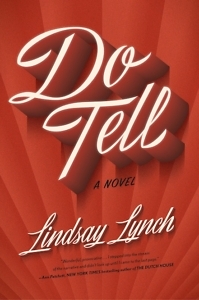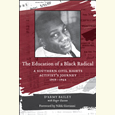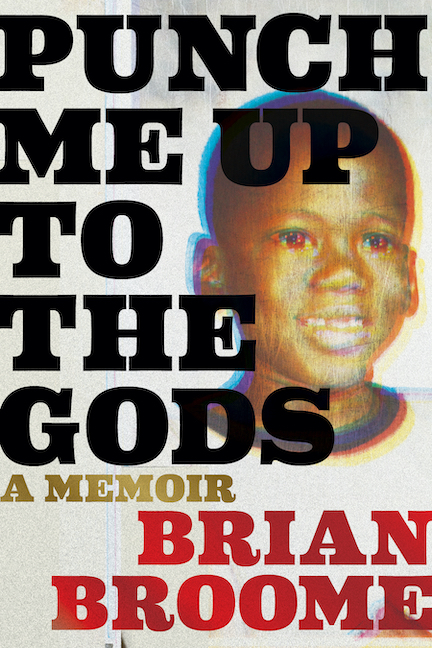All That Glitters
A Hollywood gossip columnist wrestles with her high-stakes role in a scandal for the ages
In Lindsay Lynch’s sparkling, sharp debut novel Do Tell, a hard-working performer balances her friendships with A-list stars against her own ambitions. Edith “Edie” O’Dare came to Hollywood in the 1930s to be a star herself. Those dreams seemed within reach until another ginger-haired actress by the name of Rita Hayworth eclipsed her potential.

With her seven-year contract running out, Edie decides to make a name for herself in another role. That is, she becomes the gossip columnist for a Los Angeles newspaper, securing herself a tiny desk and cold shoulders from her more serious colleagues. Little do they know that Edie is at the center of a serious scandal herself.
This novel is divided into two acts with the first half focused on the sexual assault of a teenage actress. Like Edie, Sophie Melrose arrived in Hollywood brimming with excitement. Her fire is quickly extinguished by a notorious bully named Freddy Clarke. Well, notorious to his co-workers. Outside of those in the know, Freddy is a marquee idol, making housewives across the United States swoon — and making his studio FWM a whole lot of money. It’s no surprise when the studio closes ranks around him, forcing their most well-known talent to do the same.
Lynch is particularly adept at exposing the power of the Hollywood studio system. Actors and actresses were told what to wear and say and whom to marry. Even the most successful stars only crossed executives at the risk of ending their careers. Nonetheless, one intrepid spirit does, and in some ways, this is Charles Landrieu’s story even if it’s being told by somebody else.
Charles is a former stuntman plucked from his behind-the-scenes role and thrust into the spotlight. After losing his Southern accent and rougher edges, he rivals Freddy in popularity. But audiences are quick to turn on him, perhaps because of suspicions about his heritage. The censors like giving him a hard time for actions that wouldn’t raise an eyebrow when performed by a lighter-skinned actor. Charles, Sophie, and Edie’s alcoholic brother Seb give Do Tell a dark edge despite the often witty prose. This is a clear-eyed look at the exploitative systems functioning in the so-called Golden Age of Hollywood.
 In historical fiction, there’s a risk of overly modernizing characters. Lynch avoids that misstep, making Edie a product of her times in this well-researched story. While her brother might frown at her questionable ethics, they make sense in a certain light. In some ways, this novel does feel modern, but only because circumstances have not improved enough for women in show business — and outside of it. The trial of Freddy Clarke versus Sophie Melrose feels eerily familiar. As the judge, jury, and defense attorney focus on a few glasses of champagne and chaste kisses with an age-appropriate beau, it’s hard not to think of the frustrating question that often circulates in cases of sexual assault: What was she wearing?
In historical fiction, there’s a risk of overly modernizing characters. Lynch avoids that misstep, making Edie a product of her times in this well-researched story. While her brother might frown at her questionable ethics, they make sense in a certain light. In some ways, this novel does feel modern, but only because circumstances have not improved enough for women in show business — and outside of it. The trial of Freddy Clarke versus Sophie Melrose feels eerily familiar. As the judge, jury, and defense attorney focus on a few glasses of champagne and chaste kisses with an age-appropriate beau, it’s hard not to think of the frustrating question that often circulates in cases of sexual assault: What was she wearing?
Do Tell in many ways reads like an unapologetic memoir. It blurs genres, comfortable in historical and literary fiction with a matter-of-fact narrator who sounds believably like a successful gossip columnist. In letting herself off the hook for her role in Sophie’s story, Edie turns her razor-sharp tongue on the readers: “A large part of what I do is tell America what they want to hear.” A quick look at the media frenzy surrounding the trial of Johnny Depp versus Amber Heard confirms the bleak wisdom of this statement. It’s tempting to call Do Tell timely, but the chilling truth is that it feels timeless.
Do Tell is Lynch’s debut, but she is no stranger to the literary world. She is a book buyer at Nashville’s Parnassus Books and has written for The Atlantic, Lit Hub, and other prominent publications. In an essay on letterpress printing for Chapter 16 (she was an intern for Hatch Show Print), she writes, “I try to pretend I’m not a materialist, but there’s one large exception to my minimalist fantasy: big, beautiful, stinky books.” Did Lynch know when she wrote this ode to books that her own would one day join her crowded shelves?
Lynch shows us that #MeToo issues have long plagued Hollywood, with or without those infamous studio systems. There’s a memorable scene in which Edie washes off her stage makeup, struggling to wipe away every last bit of foundation. She pushes at her skin until she can see the real version again. This could be a metaphor for the entire book. What’s underneath the designer gowns, expensive jewelry, and caked-on mascara? It might not be pretty. With its insider-outsider narrator and dazzling cast of characters, Do Tell shares a kinship with The Great Gatsby. Glamour cannot hold tragedy at bay for long.

Erica Wright is the author of four crime novels and two poetry collections. Her essay collection Snake was released in 2020. She grew up in Wartrace, Tennessee, and now lives in Knoxville.


